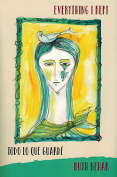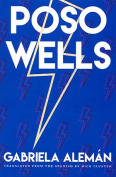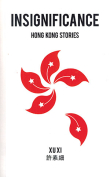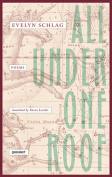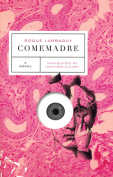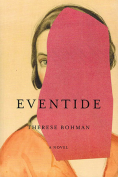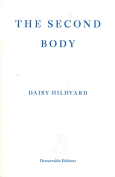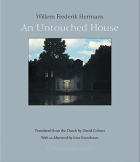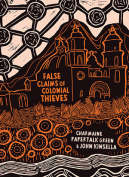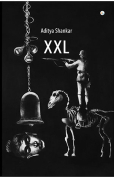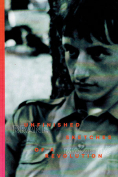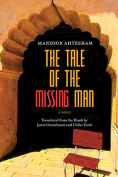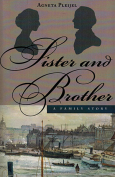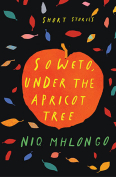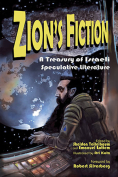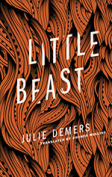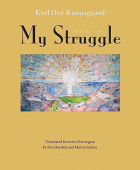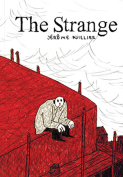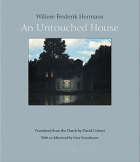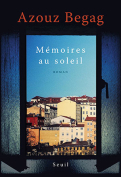An Untouched House by Willem Frederik Hermans
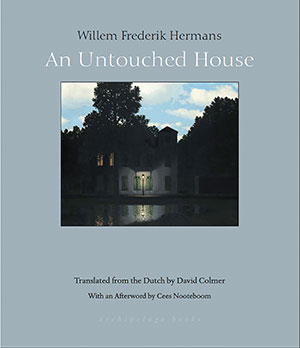 New York. Archipelago. 2018. 120 pages.
New York. Archipelago. 2018. 120 pages.
It was the very day Nazi Germany launched their assault on Poland—September 1, 1939—that the Dutch writer Willem Frederik Hermans turned eighteen. Within a year, he saw his own country follow Poland and fall under German occupation, which would go on to last nearly until the end of the war in 1945.
Against the backdrop of these facts, it is not surprising that much of Hermans’s earlier writing has the war at its core. This is true for his two most famous novels, The Tears of the Acacias and The Darkroom of Damocles, and equally so for his short novella, An Untouched House, which first appeared in 1950. An Untouched House relates a nameless protagonist’s recollections of the last months of the war, in which he and his group of partisans wander through an unnamed strip of land, which at times falls under allied or partisan control, and at others back under German occupation. Early on, he gets ordered to search a nearby town and ends up seeking shelter in an abandoned mansion. His only objective is to maximize the chances of his own survival, with no moral regard for others.
An Untouched House offers no sides to be on, no causes to fight for other than one’s own survival. It does not know borders nor perhaps the difference between war and peace, as “death comes for everyone, even without any wars. What difference does war make?” With its protagonist truly beyond good and evil, there are no reasons, no morals, no difference between victim and culprit. Survival is imperative—not out of fear, passion, or love but out of innate mechanics.
Hermans’s novella is a bleak depiction of the absurdity of war, which knows no winners—a message that was difficult to convey to the Dutch public and its politicians shortly after the war and provoked a wide array of objections in his home country. The other two giants of postwar Dutch literature—Cees Nooteboom and Harry Musch—on the other hand, did not tire of defending and praising Hermans’s writing. Indeed, Nooteboom in his afterword to David Colmer’s 2017 English translation contends, “It is impossible to imagine twentieth-century Dutch literature without him.”
In its relatively short span of pages, An Untouched House paints not only the ugly face of war in all its arbitrariness but also leaves us with a strong sense of misanthropy, where “[i]f people stopped feeling altogether, the world would be greatly improved.”
Felix Haas
Zurich, Switzerland

